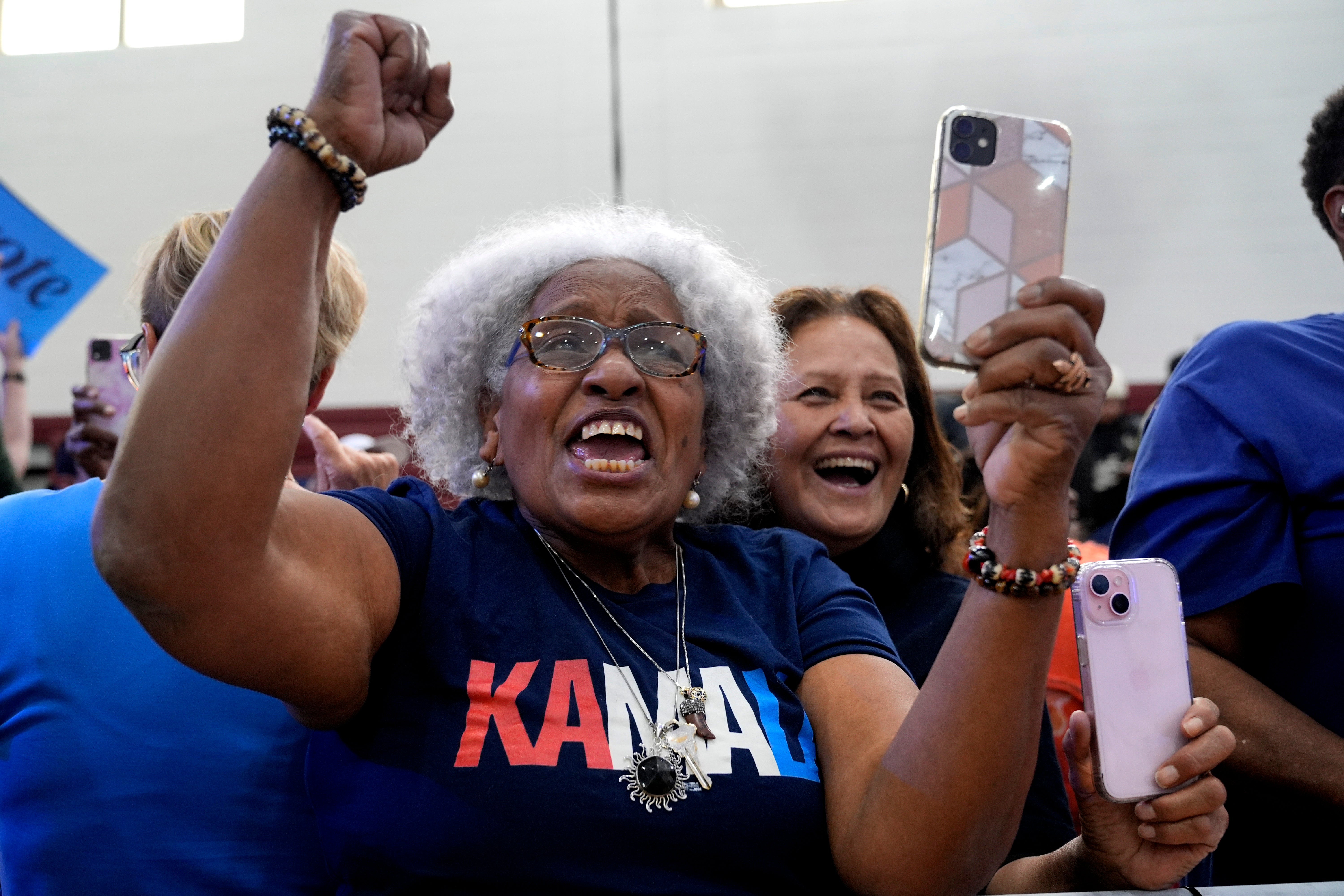
Relentless and aggressive text messages and emails from political campaigns demanding donations are preying upon vulnerable elderly people who have unintentionally given away hundreds of thousands of dollars, an investigation has found.
One man’s life savings account was drained over two years as he fell victim to predatory messages from Republican political groups, CNN found as it looked into the stories behind hundreds of small-dollar donations. The 80-year-old, who was later diagnosed with dementia, unknowingly donated nearly half a million dollars in the process.
In another case, an 80-year-old woman with lung cancer gave more than $180,000 to the campaigns of Donald Trump and other Republicans, going as far as writing letters to them apologizing for not getting donations in because she was undergoing heart surgery. She died with only $250 in her bank account.

The harrowing stories are just a few of the many that CNN uncovered in its efforts to understand how aggressive campaign marketing tactics impact people.
The probe found that older Americans, especially those living with neurological impairments, have fallen foul of marketing ploys that make it seem as though the candidate is personally communicating with them. In a number of cases the network also found people unaware that a ‘one off’ donation is actually reoccurring.
Though both campaigns implore these tactics, CNN found that Republican fundraising pages were more likely to use deceptive features and older adults tend to lean more conservative in their voting patterns.
On Trump’s campaign donation page, there is densely packed text in multiple fonts, styles and sizes which make it difficult to read.

A brick of all-caps text asks supporters for “sustained support” in the form of a weekly donation. But it seems misleading because there is a small line underneath that appears like a hyperlink for donors to click to donate recurring. It makes it seem like you have to click the small line to donate recurring but it is recurring the entire time.
Areas that are clear to read contain misleading rhetoric, such as two “upsell” boxes that seem like messages coming directly from Trump.
Those can appeal to older adults who are lonely and isolated. An 81-year-old man’s son told CNN his father believed he was in personal communication with Donald Trump Jr. The man gave approximately $80,000 – going into debt in the process.
In response to the investigation, Brian Hughes, a senior advisor to Trump’s campaign, said in a statement: “President Trump’s campaign is proudly fueled by small-dollar donors, and we strive to be direct and transparent by informing them immediately when they have registered for recurring donations, sending a notice three days before processing, notifying them when the processing is complete, and having staff on-hand to assist with refunds and cancellations.”
“All our donors are partners in President Trump’s movement to Make America Great Again, and we will continue to treat our donors with the upmost respect in the run-up to November 5,” Hughes added.

Vice President Kamala Harris’s donation page is easier to read with less text and more consistent font and text size. It contains a large box that makes it very clear to donors that if they click it, their donation will be recurring.
But her campaign, and other Democrats, have still aggressive marketing tactics – particularly in the form of emails, texts or calls to reach voters.
A 78-year-old woman who took limited showers and canceled her long-term insurance plan to save money had unknowingly given $200,000 to Democratic political groups.
WinRed, the official Republican Party fundraising platform, offers refunds for contributions made accidentally within 60 days.
The son of the 80-year-old who gave away nearly half a million dollars said he was able to secure a refund for her father – but only for a third of the donations.
ActBlue, the official Democratic fundraising platform, also offers refunds on a “case-by-case basis” and said any donations made through PayPal or Venmo over 90 days ago cannot be issued.
The Independent approached both campaigns for comment.







